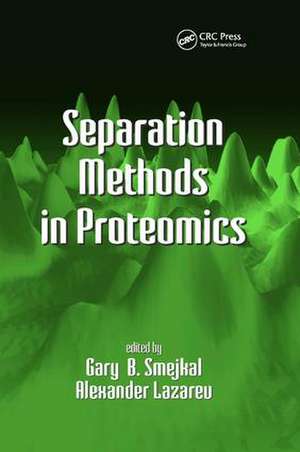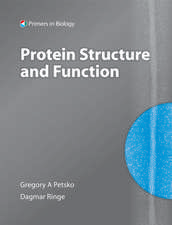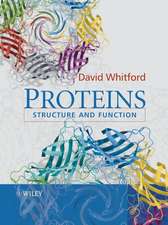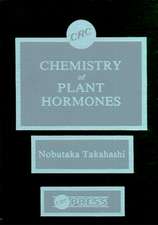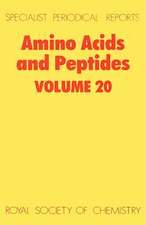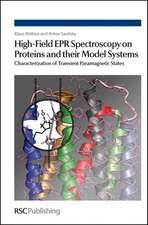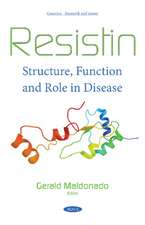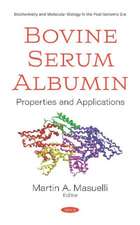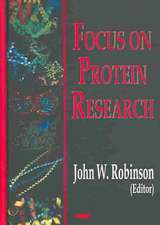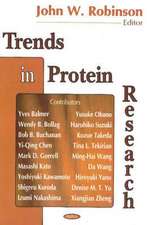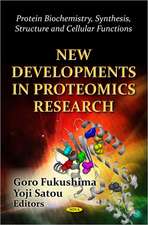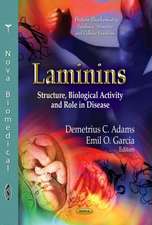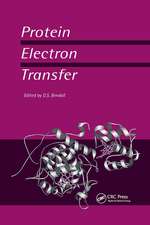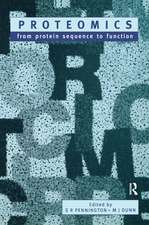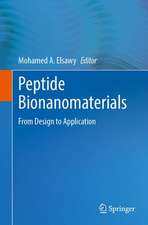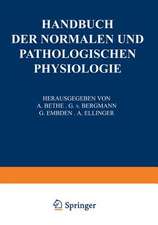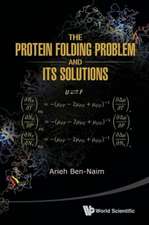Separation Methods In Proteomics
Editat de Gary B. Smejkal, Alexander Lazareven Limba Engleză Paperback – 2 oct 2019
Written as a compilation of hands-on methods exemplified by the work of several recognized leaders in the field, this book may serve as a guide for selection of the optimal separation strategies to solve particular biological problems.
Recent progress in the development of robust analytical techniques and instrumentation has created the need for good quality biological samples that are subject to analysis. Emphasizing the importance of sample preparation, the book explains how proteomes can be divided into smaller, less complicated “subproteomes" for individual analysis. It also highlights several hybrid approaches that take into account protein interactions.
Including applications of the separation methods currently employed in proteomic analyses for both clinical and basic research, Separation Methods in Proteomics contains practical information that can enhance the current and future endeavors of scientists in proteomics, genomics, transcriptomics, biomarker discovery, and drug discovery.
Preț: 489.26 lei
Preț vechi: 575.60 lei
-15% Nou
Puncte Express: 734
Preț estimativ în valută:
93.62€ • 97.95$ • 77.77£
93.62€ • 97.95$ • 77.77£
Carte tipărită la comandă
Livrare economică 02-16 aprilie
Preluare comenzi: 021 569.72.76
Specificații
ISBN-13: 9780367391577
ISBN-10: 0367391570
Pagini: 536
Dimensiuni: 156 x 234 x 30 mm
Greutate: 0.45 kg
Ediția:1
Editura: CRC Press
Colecția CRC Press
ISBN-10: 0367391570
Pagini: 536
Dimensiuni: 156 x 234 x 30 mm
Greutate: 0.45 kg
Ediția:1
Editura: CRC Press
Colecția CRC Press
Public țintă
Professional Practice & DevelopmentCuprins
Sample Preparation. Sample Prefractionation and Analyses. Applications of Electrophoresis in Proteomics. Applications of High-Performance Liquid Chromatography. Related Techniques.
Notă biografică
Gary B. Smejkal, Alexander Lazarev
Descriere
Separation Methods in Proteomics provides a comprehensive examination of all major separation techniques for proteomics research. The editors take a broad survey of the field, avoiding bias to any particular method. Coverage extends across the entire process, from sample preparation to clinical and research applications such as drug and biomarker discovery. The book provides detailed discussions on prefractionation methods, electrophoresis, high performance liquid chromatography (HPLC), and NMR techniques, among others. Demonstrating applications to clinical and basic research, the text is ideal for scientists in proteomics, genomics, transcriptomics, biomarker discovery, and drug discovery.
